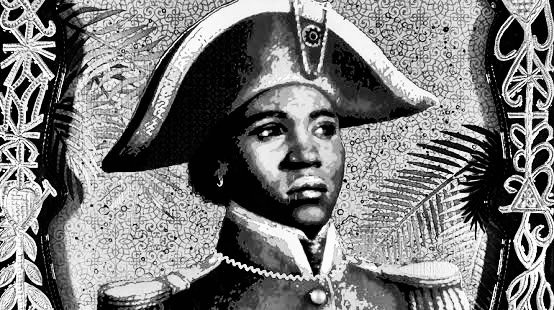Honoring a Legacy, Embracing a Future
Enduring Inequality in Political Power
In Haiti, women continue to face systemic exclusion from political leadership, primarily due to entrenched clientelism upheld by the elite. This political framework reinforces stereotypes and erects significant barriers that limit women’s ability to participate equally in decision-making spaces. Despite their proven dedication and competence, Haitian women often find themselves sidelined from meaningful influence.
Revolutionary Women Who Shaped a Nation
Haitian women have been foundational to the country’s history, especially during the Haitian Revolution. Icons such as Suzanne Sanite Belair and Victoria Montou, also known as “Toya,” stand as testaments to the strength and courage of Haitian women. According to NYU Arts and Science, Sanite Belair served as a lieutenant in Toussaint Louverture’s army and was praised by Jean-Jacques Dessalines as “a tigress.” Her legacy as a fearless soldier has earned her the title of National Heroine of Haiti.
Gran Toya: A Warrior, Mentor, and Nation Builder
Victoria Montou, often referred to as “Gran Toya,” was more than a fighter, she was a strategist and mentor. According to the French Library, she came from the elite all-female military regiment of the Dahomey Empire and was later enslaved in Haiti. There, she trained and mentored Jean-Jacques Dessalines, playing a pivotal role in the revolutionary battles that led to Haiti’s independence. Toya’s legacy underscores how women were not just participants but architects of revolution.
A Milestone in Leadership: Ertha Pascal-Trouillot
Ertha Pascal-Trouillot made history in 1990 as the only woman to serve as President of Haiti. Her interim presidency was critical in maintaining peace and setting the stage for democratic elections during a time of instability. She guided the country through a transitional period that culminated in the election of Jean-Bertrand Aristide, marking a key turning point in Haitian politics.
The First Female Supreme Court Judge to Lead a Nation
Born on August 13, 1943, Ertha Pascal-Trouillot was a distinguished lawyer and Haiti’s first female Supreme Court judge. After General Prosper Avril’s departure, she emerged as the only consensus choice among the twelve judges to serve as provisional president. With courage and resolve, she declared she was undertaking the role “in the name of the Haitian woman.” Her leadership endured a coup attempt and ultimately helped birth Haiti’s democratic transition.
The Ongoing Fight for Political Inclusion
Despite such legacies, women remain underrepresented in Haitian politics. Their exclusion not only undermines democratic values but also deprives the country of valuable leadership and perspectives. Women like Pascal-Trouillot have proven that female participation enhances governance, yet systemic obstacles continue to limit this potential.
A National Imperative for Equity
Encouraging women’s involvement in politics is not simply an equity issue, it’s a national imperative. Women bring innovative problem-solving, collaborative leadership styles, and community-centered priorities to the table. These qualities are essential for navigating Haiti’s complex social and political challenges.
The Urgency of Political Reform
Given the widespread dysfunction within Haiti’s political class, the time has come for bold reforms. These must include policies that promote female candidacy, ensure equitable access to public office, and directly challenge cultural norms that sideline women. The inclusion of women must become a priority in any credible effort to rebuild governance.
Shaping Public Perception Through Education
Equally important is the need to reshape societal attitudes through education and awareness. Celebrating female leadership and teaching historical contributions can inspire younger generations and foster a more supportive environment for women to thrive in public life.
Honoring a Legacy, Embracing a Future
The road to gender equity in Haitian politics is long, but not without precedent. The stories of Sanite Belair, Victoria Montou, and Ertha Pascal-Trouillot serve as powerful reminders of what women can achieve when given the opportunity. As Haiti confronts its challenges, the full inclusion of women in political life is not only just, it is essential for true progress.
Published by The Haitian Tribune













